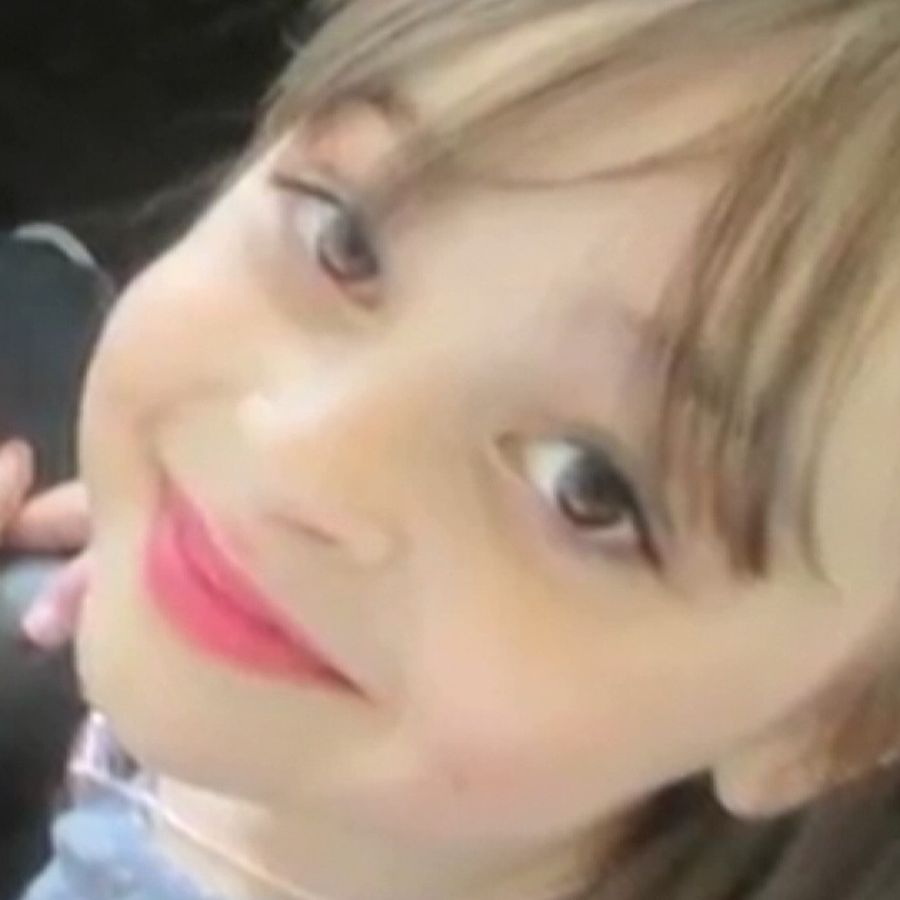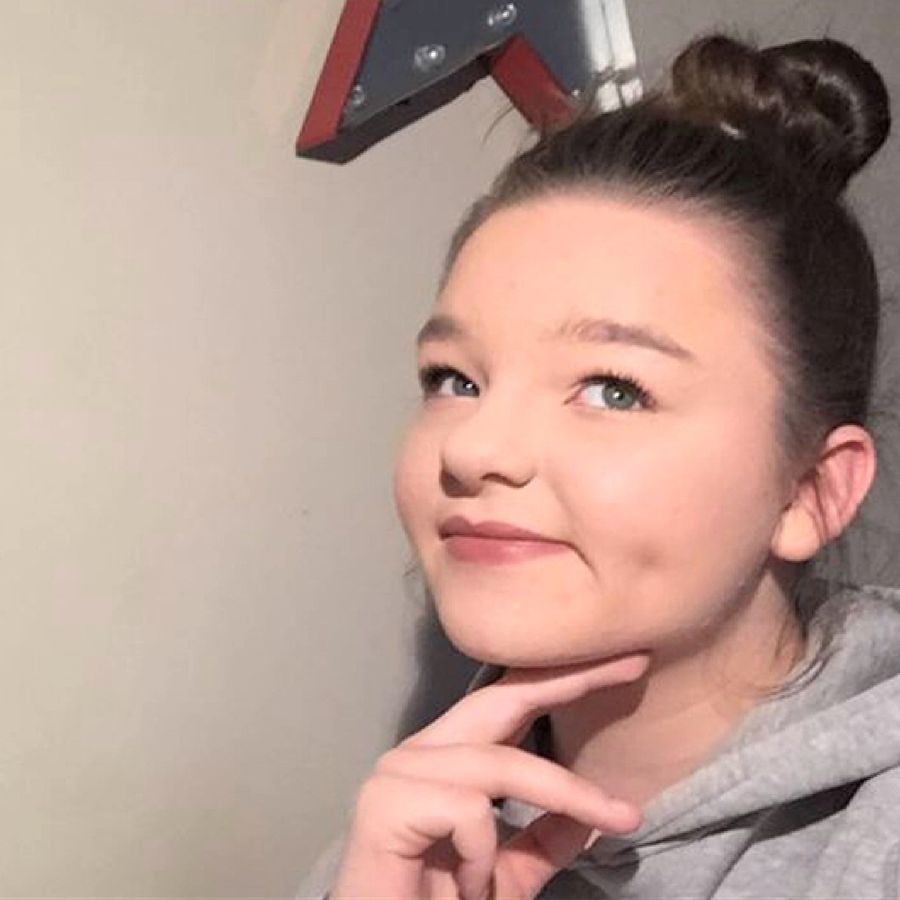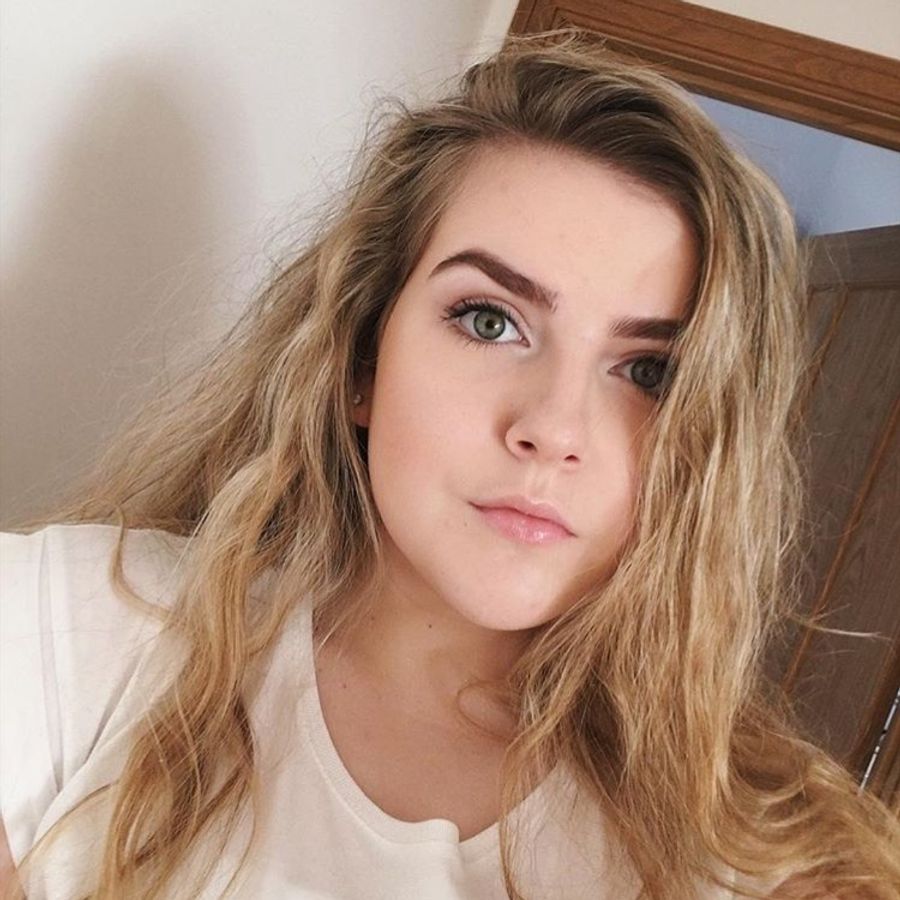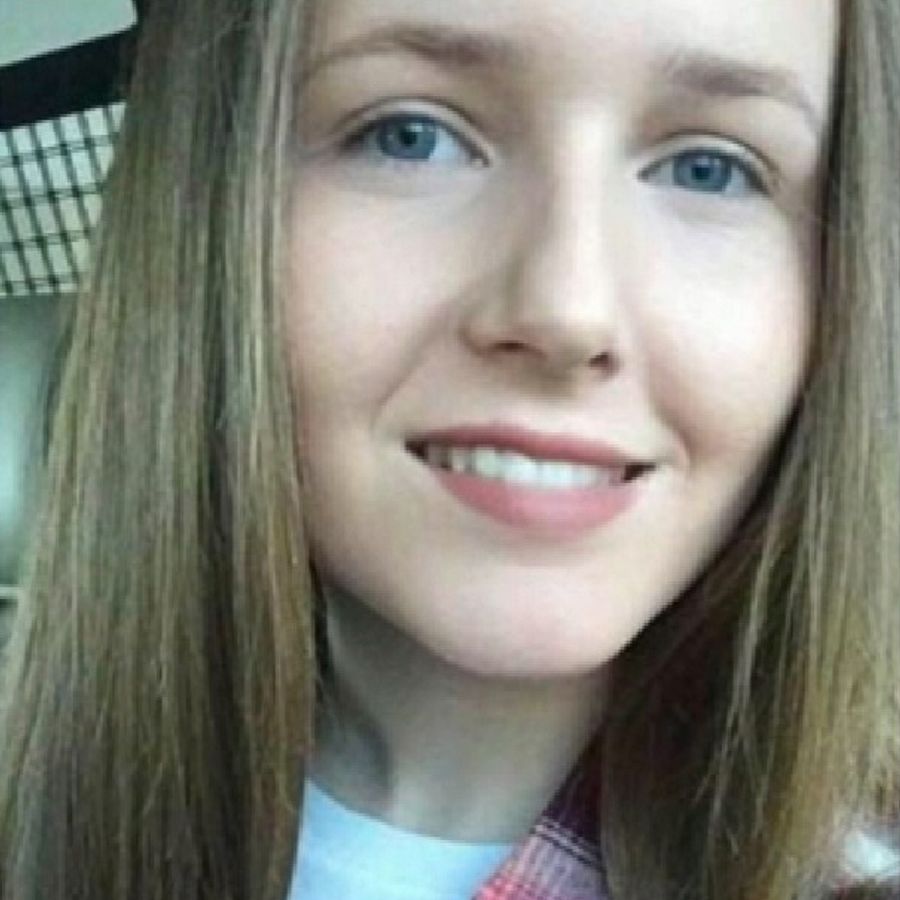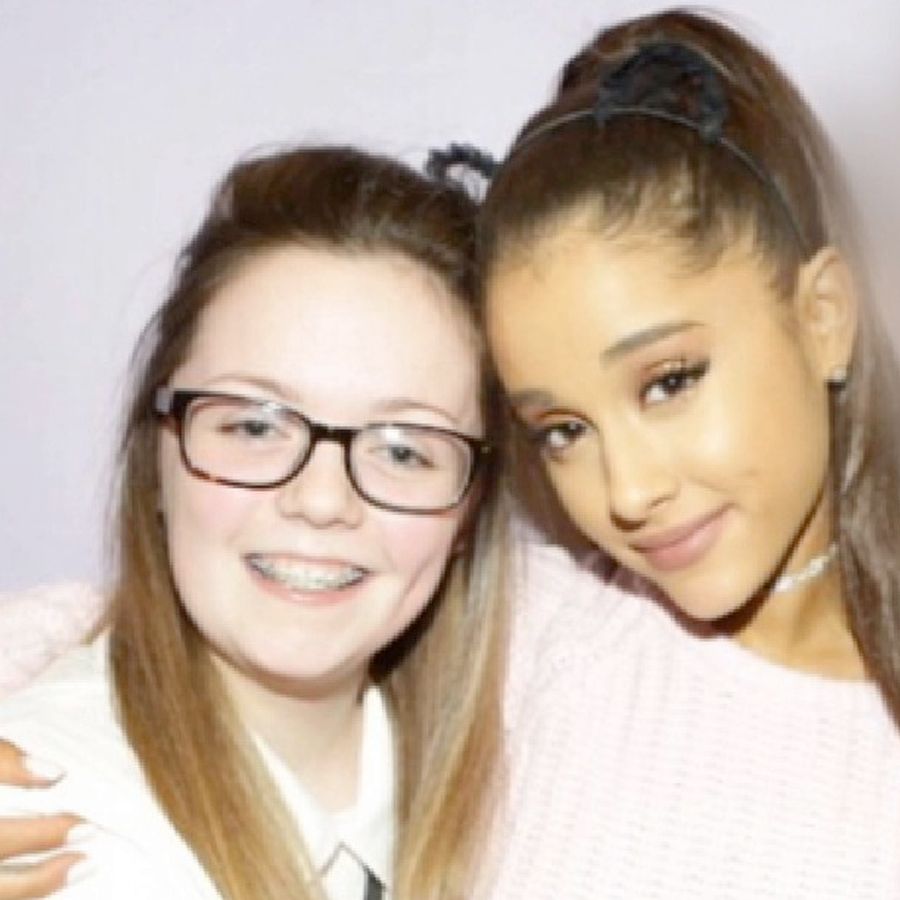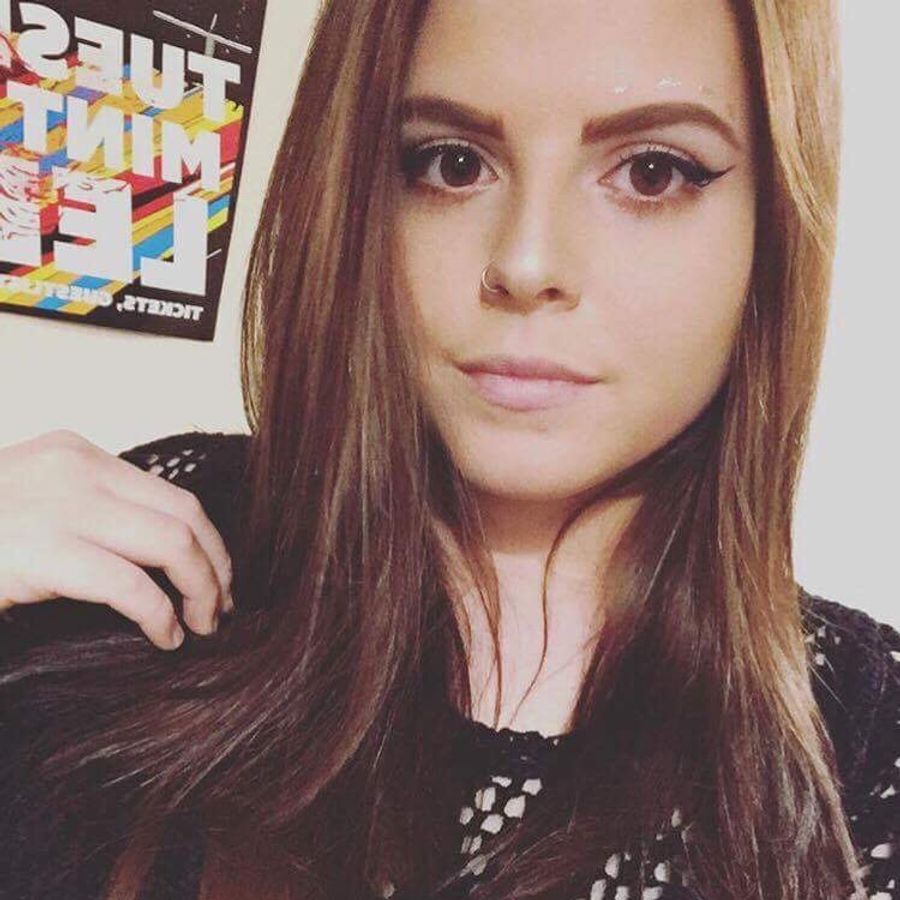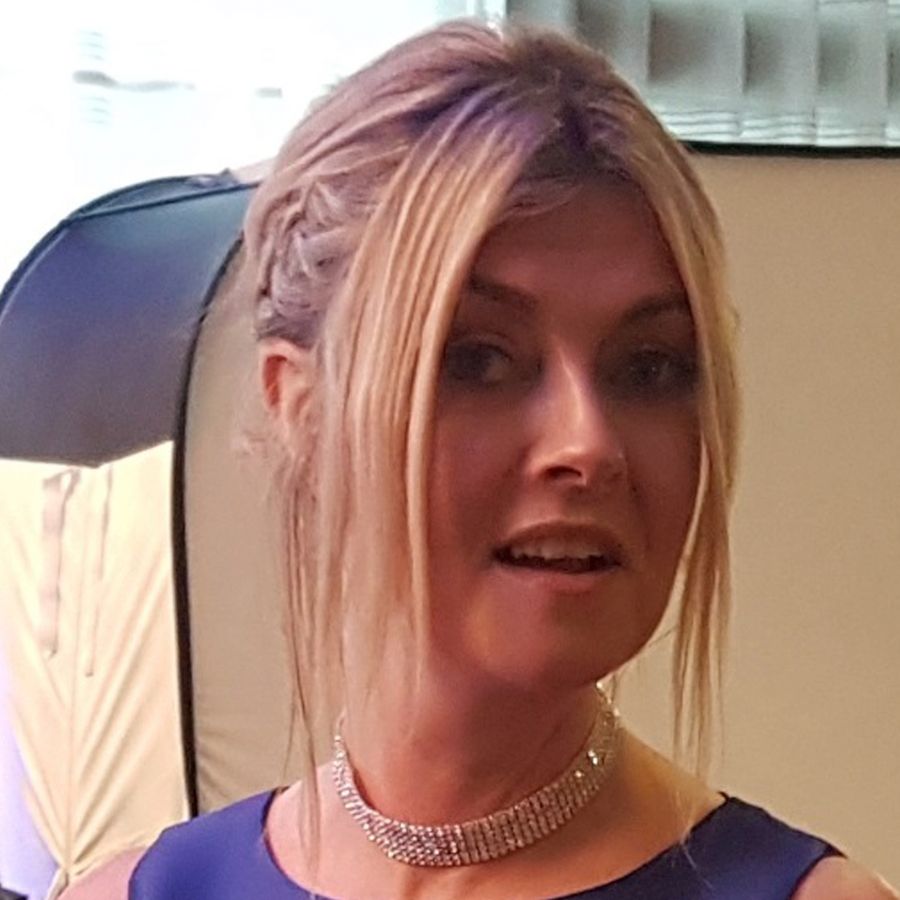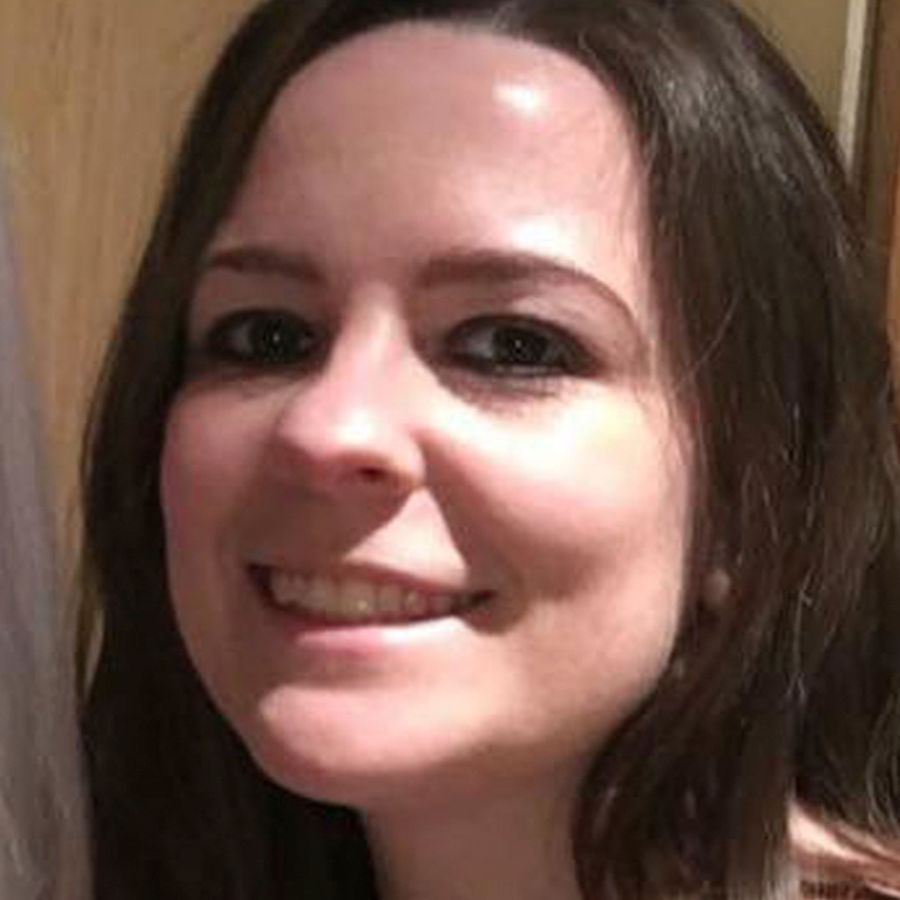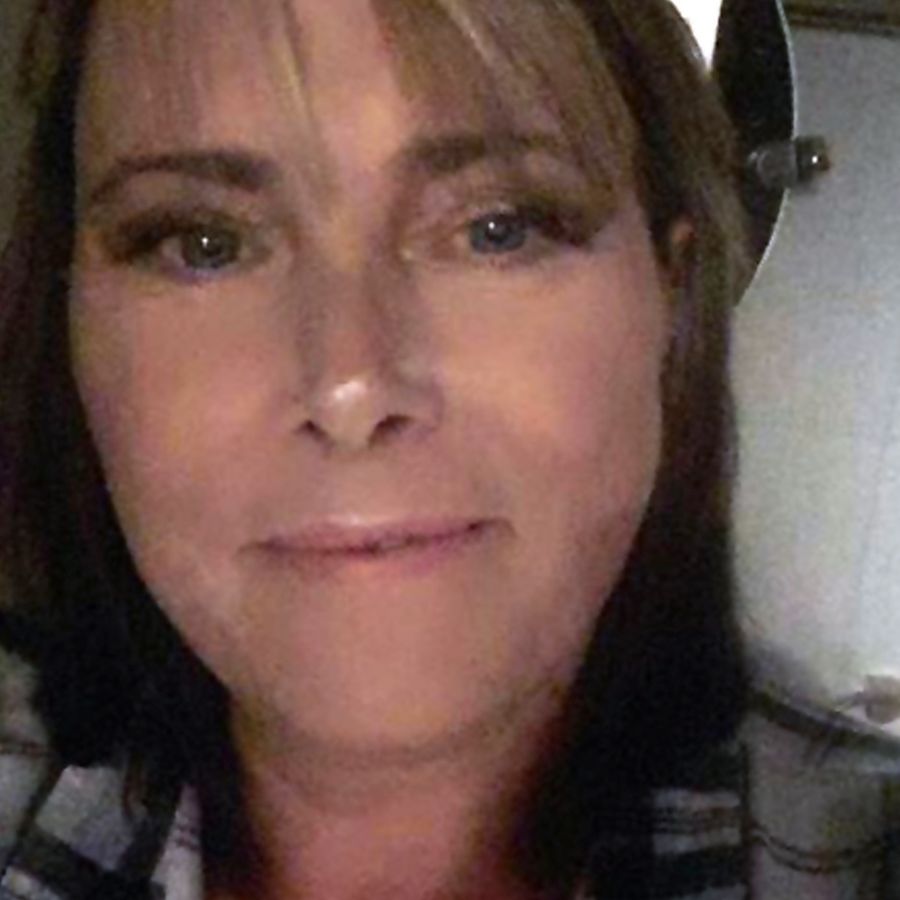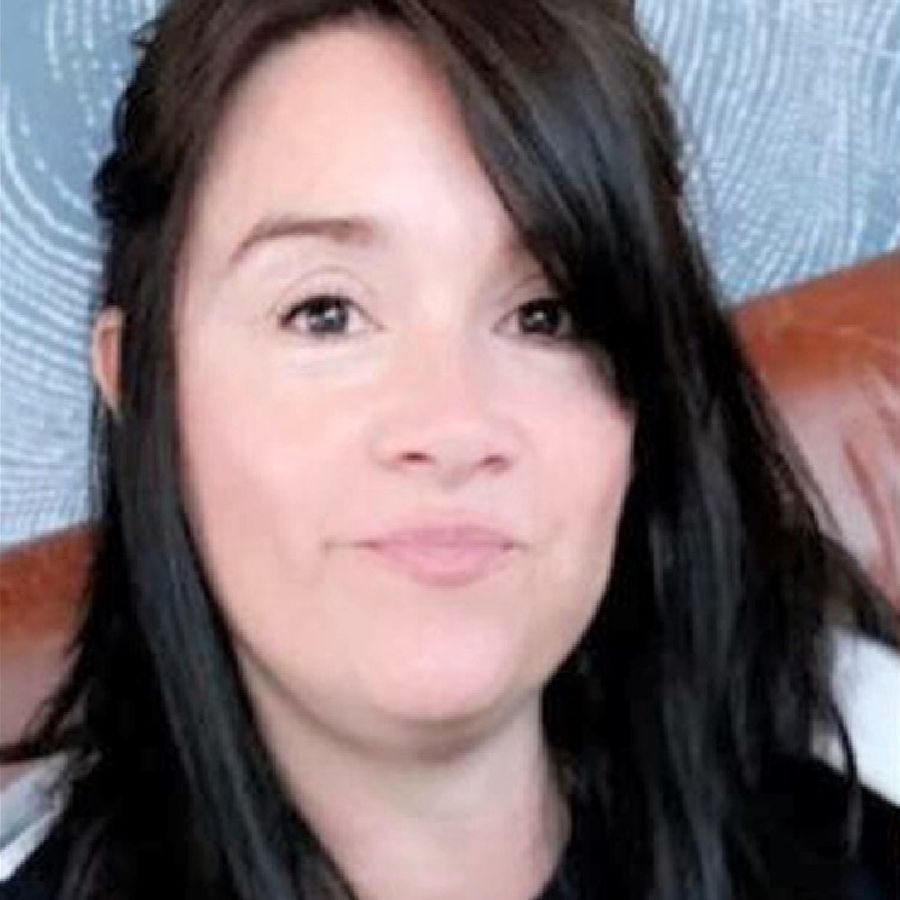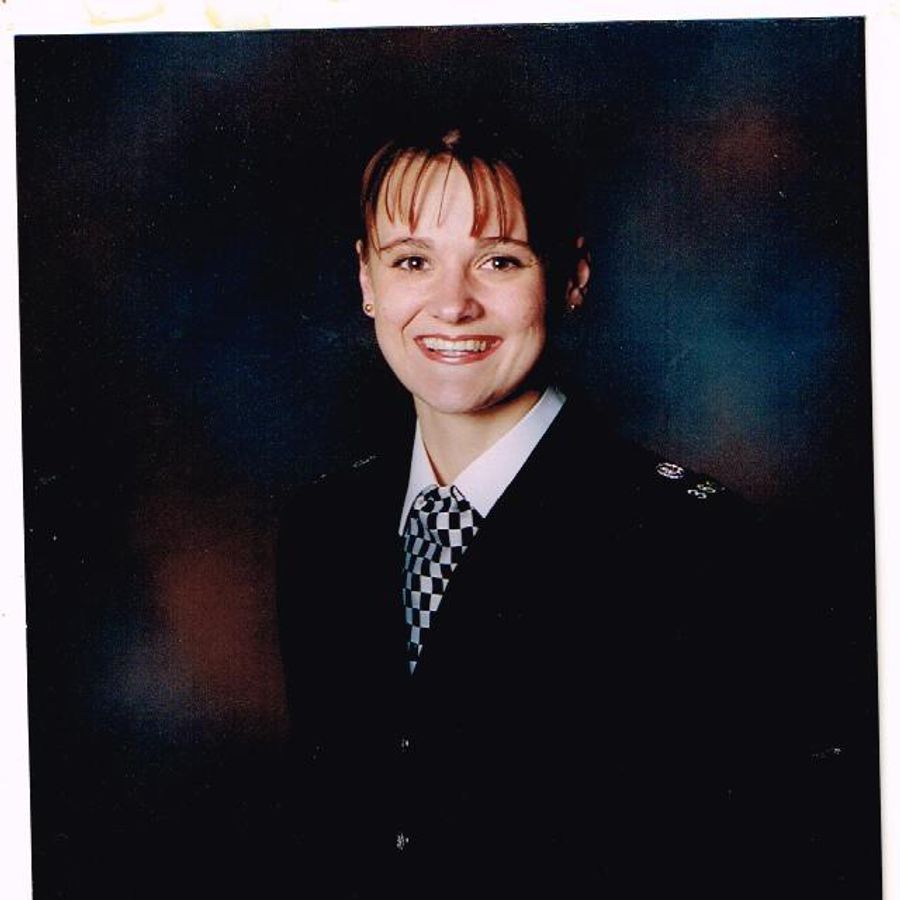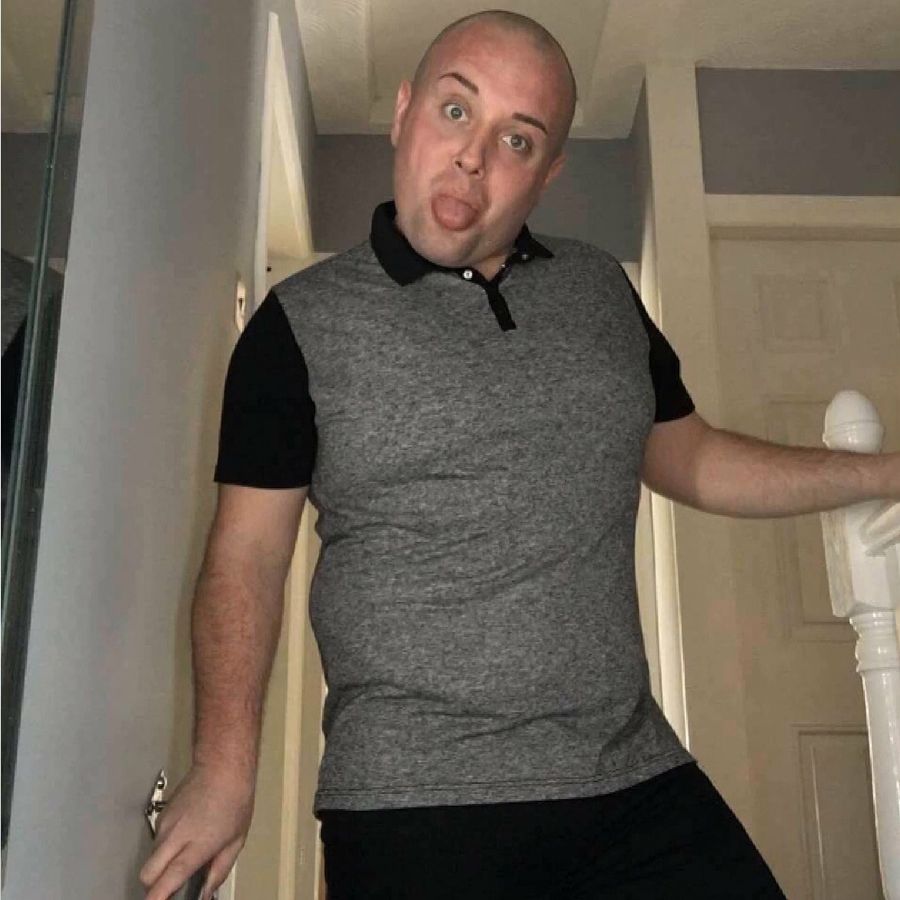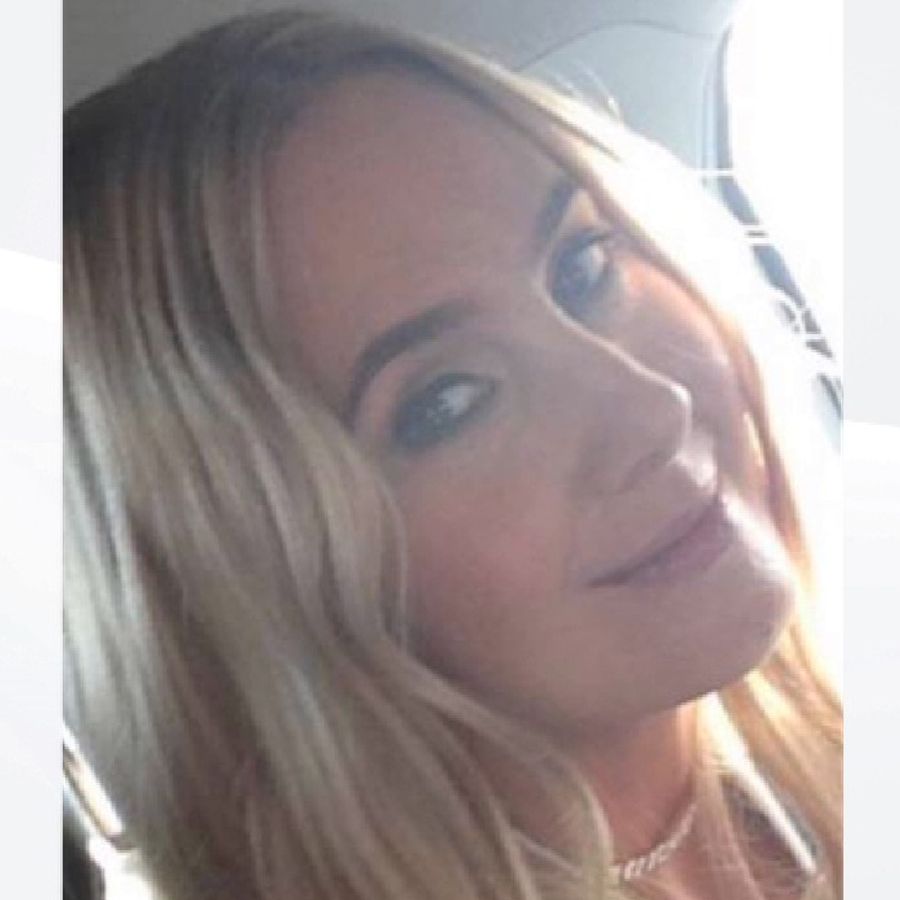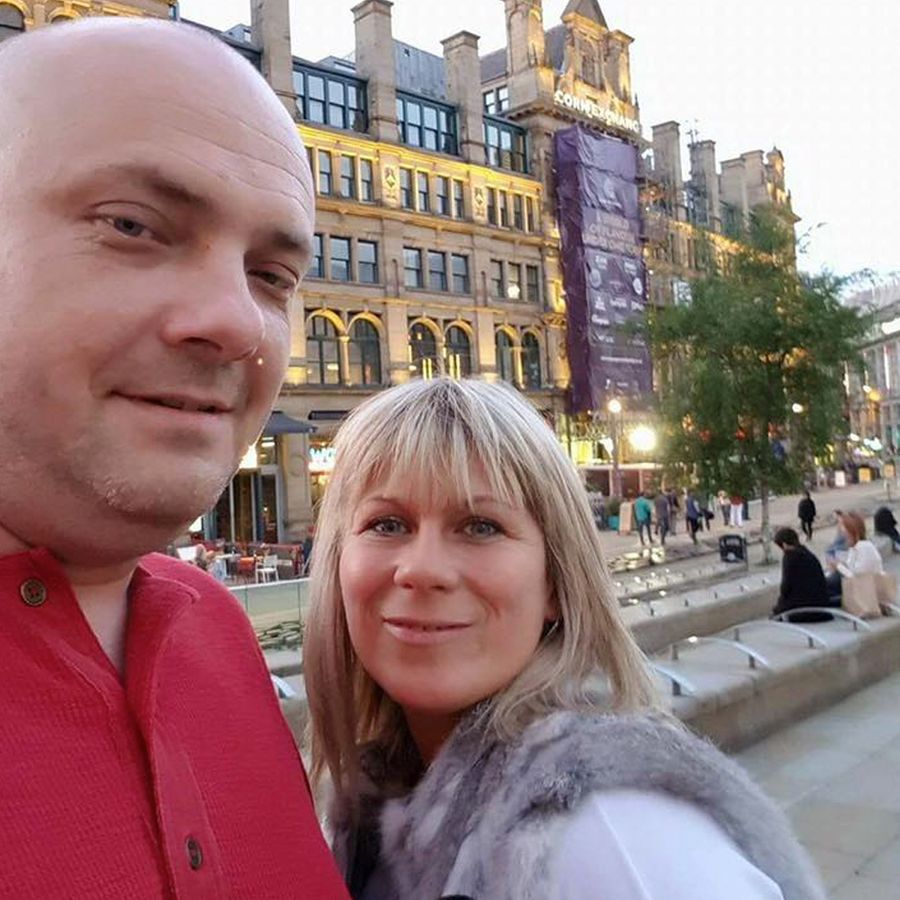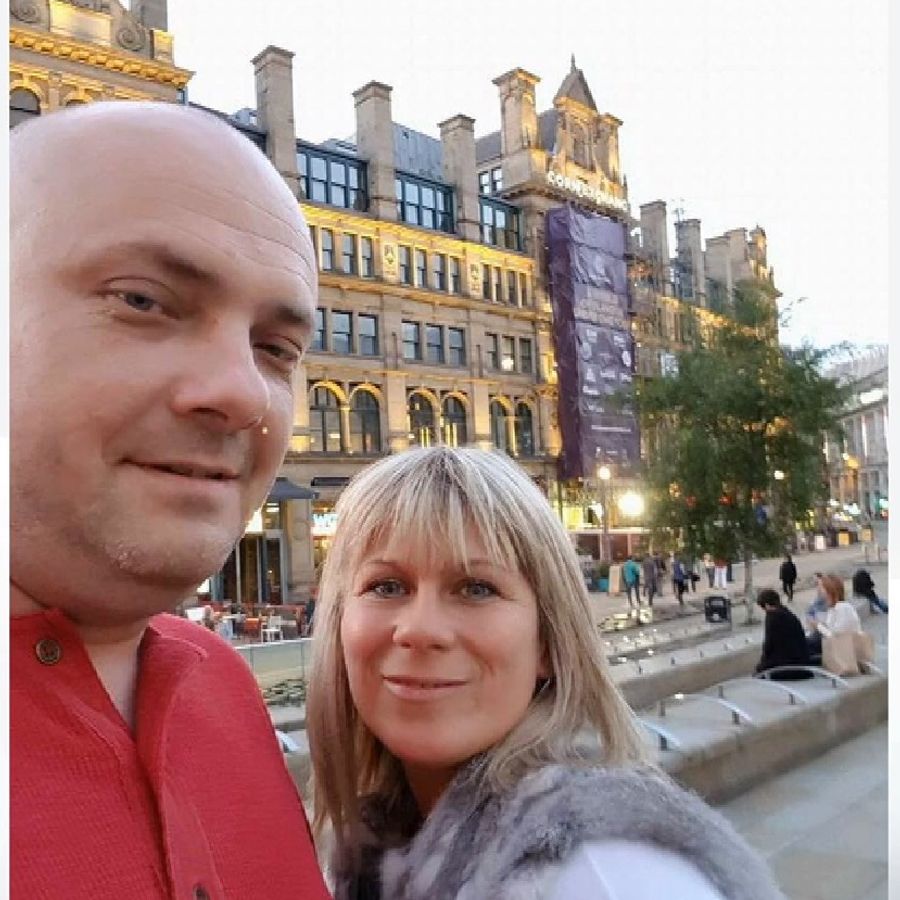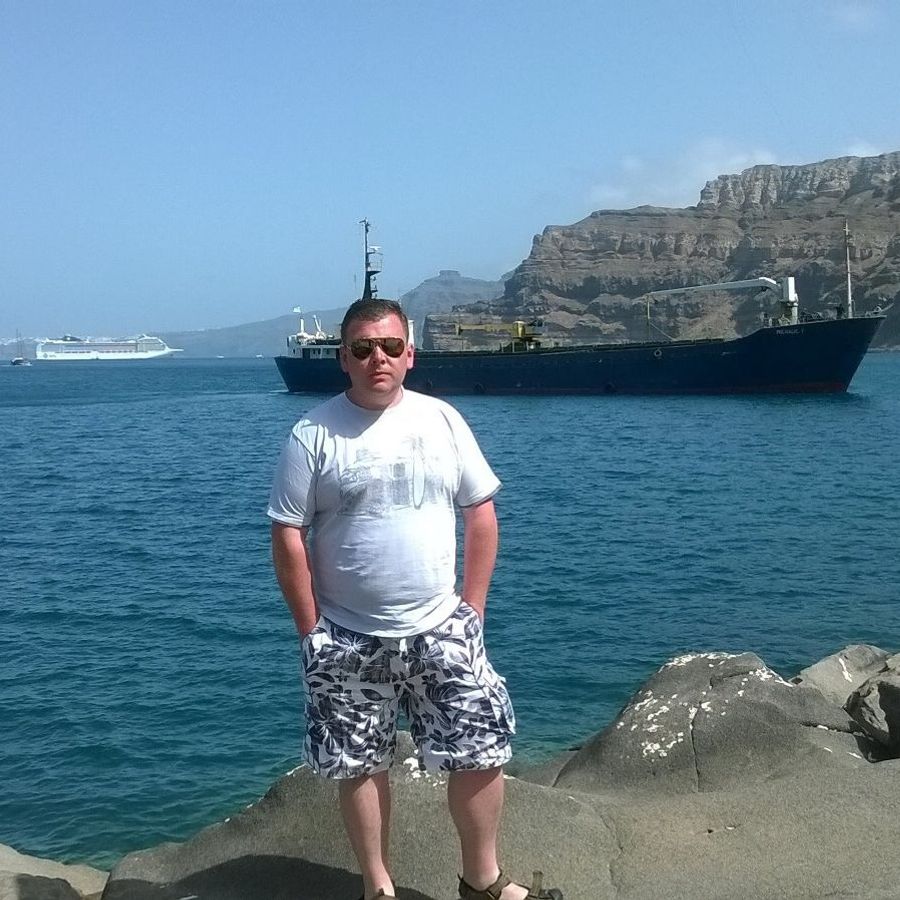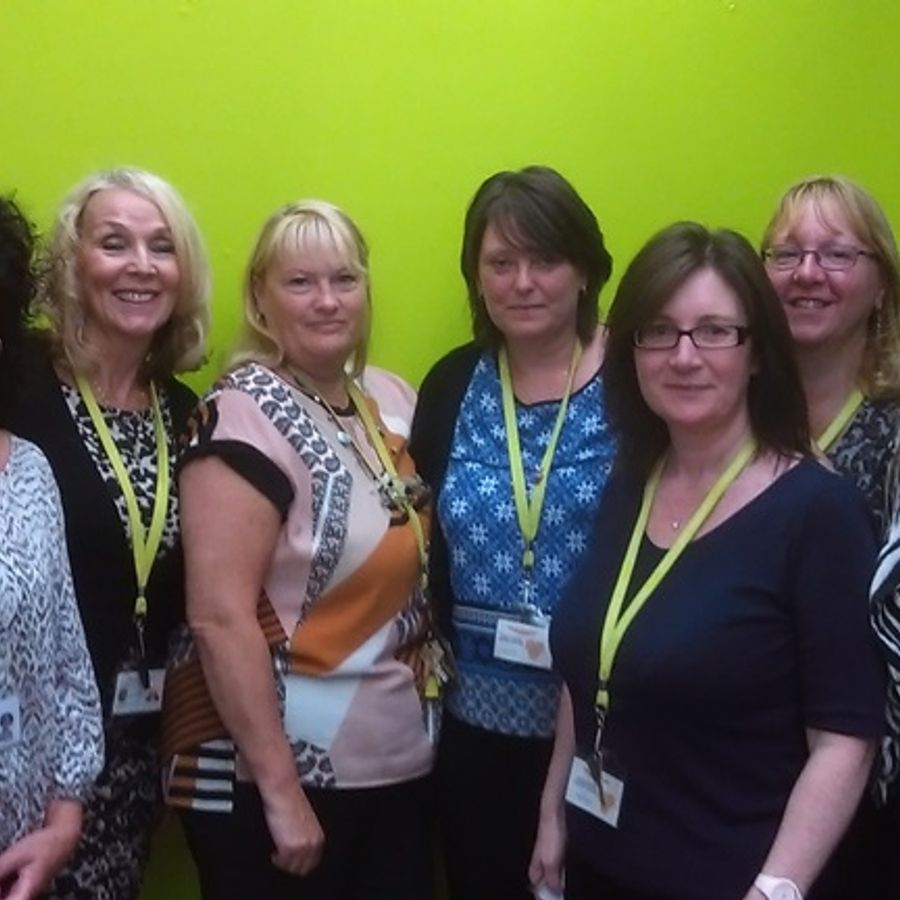'A night of horror': Medics relive night of the Manchester Arena bombing
"We knew how serious it was when the first patient came through - the injuries were shocking," says nurse Charlotte Brownhill.
Tuesday 26 December 2017 14:36, UK
Medical staff who treated victims of the Manchester Arena attack have described the emotional scenes they experienced during "a night of horror".
Twenty two people were killed and more than 500 people have been directly affected, either physically or mentally, by the bombing at the arena on 22 May.
A&E nurse Charlotte Brownhill and orthopaedic surgeon Barnes Morgan give their personal accounts of treating victims at Stepping Hill Hospital in Stockport.
:: A Nurse's View - Charlotte Brownhill
When I first arrived in the department there was an eerie sense of calm professionalism.
We had a briefing to say what information we had at the time. That was patchy, which made it quite difficult because we needed to announce to the waiting room that we were on a major incident.
Obviously you don't want to tell the public anything that is going to frighten them if we didn't have the details.
We had it confirmed that there had been a bombing. It sends chills down your spine.
The time we knew just how significant this was was when the first patient came through.
The level of injuries that patient had sustained was shocking. It gave a real clue as to the amount of trauma which must have occurred at the scene.
I have seen a lot of trauma and we have seen a lot of difficult scenes but this was unusual because of the context and because of those injuries - we don't see them like that.
We see trauma. We don't see blast injuries. I have never seen a blast injury in my career before.
The patients that came in were in shock.
You would have expected, for those injuries, for it to be suddenly very loud and busy and there wasn't that sound.
There were busy people rushing around and doing things but there wasn't the screaming, the noise of pain that you would expect to hear from injuries as massive as they were.
There was a calmness in the patients. They were distressed but they recognised people were there to help.
They weren't shouting out. They were receiving help, communicating quietly.
I stood with a lady who needed somebody to hold her hand. My job as a matron, as a nurse, as a human being was to hold her hand, stay with her for what she needed.
Holding someone's hand probably is the greatest gift you can do in a situation like that. To be able to reassure someone and tell them you are going to be there and it's going to be ok.
I can see each and every patient's face that came through, so they all have different visions that stick in your head.
There was a particular lady who asked me not to let her die.
That's not a question that is uncommon for people to say to you but at that time, when you are holding someone's hand, you don't know if you can answer that question honestly or not.
You just have to do your best to reassure them and give them hope and strength that we are doing everything that we possibly can.
You don't forget things like that. You don't forget patients.
That particular night, knowing that the injuries were so severe and knowing that person could very well die, seeing the look in her face where she just looked frightened, you don't forget that very easily.
I think when you get home, that is when you take your armour down a little bit.
That is where you start to really take on board what it is that you have just experienced and how huge that is. The effect of that is massive.
I sat down. The house was really quiet.
I made a cup of tea and it doesn't happen often but I cried, just taking on board everything that had happened.
I'm not a hero. We were just doing our job. It's what we do.
I think we've had lots of attention for what we did, but it is our job. I love my job. I love everything about it.
It's heartening, I think, the response as a country. It makes me very proud to be part of the NHS.
I think the responses that we have seen through all the tragedies this year have been very difficult.
I think as a nation it feels like we have pulled together. It feels like people are taking a bit longer to say thank-you.
I really feel that through this tragedy, what is coming out of it, is people are being resilient and standing together and being stronger as a result.
:: A Surgeon's View - Barnes Morgan
I received a phone call from one of my colleagues at Stepping Hill Hospital saying there had been a major incident, that we had a number of severely injured casualties and that our service was being overwhelmed and he needed help, basically.
That was when I first realised the size of the incident.
In fact that realisation became more and more apparent as I rushed my way into hospital to come and help out.
I was listening to the news on the way in, where it became clear to me that we were involved in a very major-scale incident.
I was flabbergasted, to be honest. It was like being on a war zone looking at the patients being seen.
Short of any military experience, which I don't have, nothing can prepare you for that scale of injury on each individual patient and collectively as a group of patients.
While I'm a medical professional and trained to be able to cope with injuries, and that's obviously what I do day in and day out, nothing takes away that human side of things, when you are seeing not only injured patients but their relatives who are dealing with this phenomenal emotional trauma.
I was treating one patient. I was in hospital by 3.30am and remained treating that patient until sometime early the next morning.
It was like seeing someone who had stepped on a land mine, (with) very severe injuries.
The bomb that was involved was a type of shrapnel explosion and that just causes tremendous and widespread damage to patients' bodies.
Normally when you are a consultant operating on a patient you are in a very small bubble of you and your patient. The rest of the world outside of the four walls of the operating theatre doesn't exist.
But that night I think all of us were aware that there was something much bigger than you and this one patient involved.
There was something going on almost identical to what you were doing in every other hospital in Manchester in several different operating theatres.
It's very rare you have that feeling of collective experience.
It's a night of horror that will always live with me but I feel really privileged that I had the skills to help people in their time of need, that I was in a place where I could be useful.
I don't feel like a hero that night.
I feel like somebody who was just very grateful that I was able to help out.




